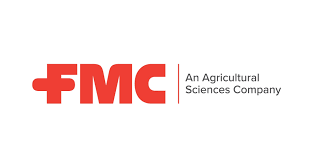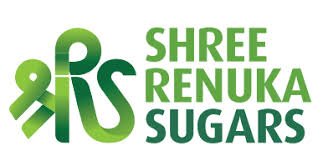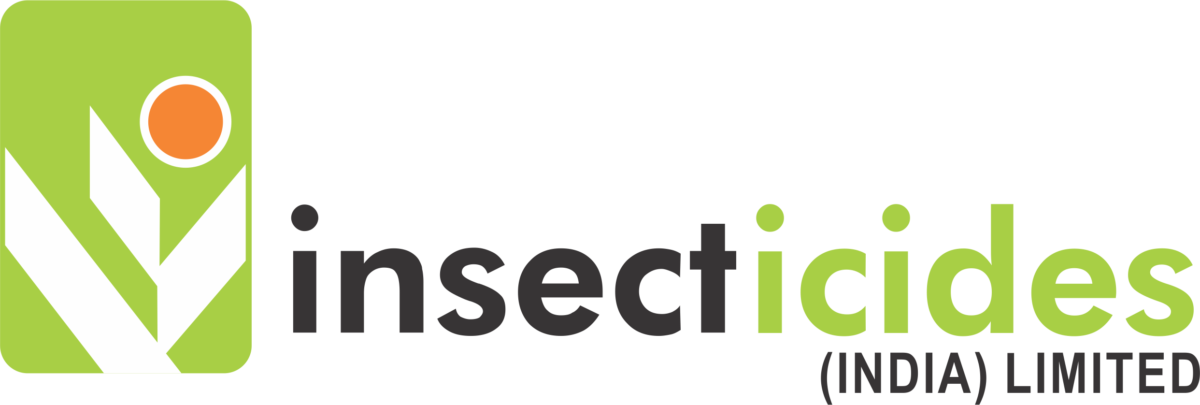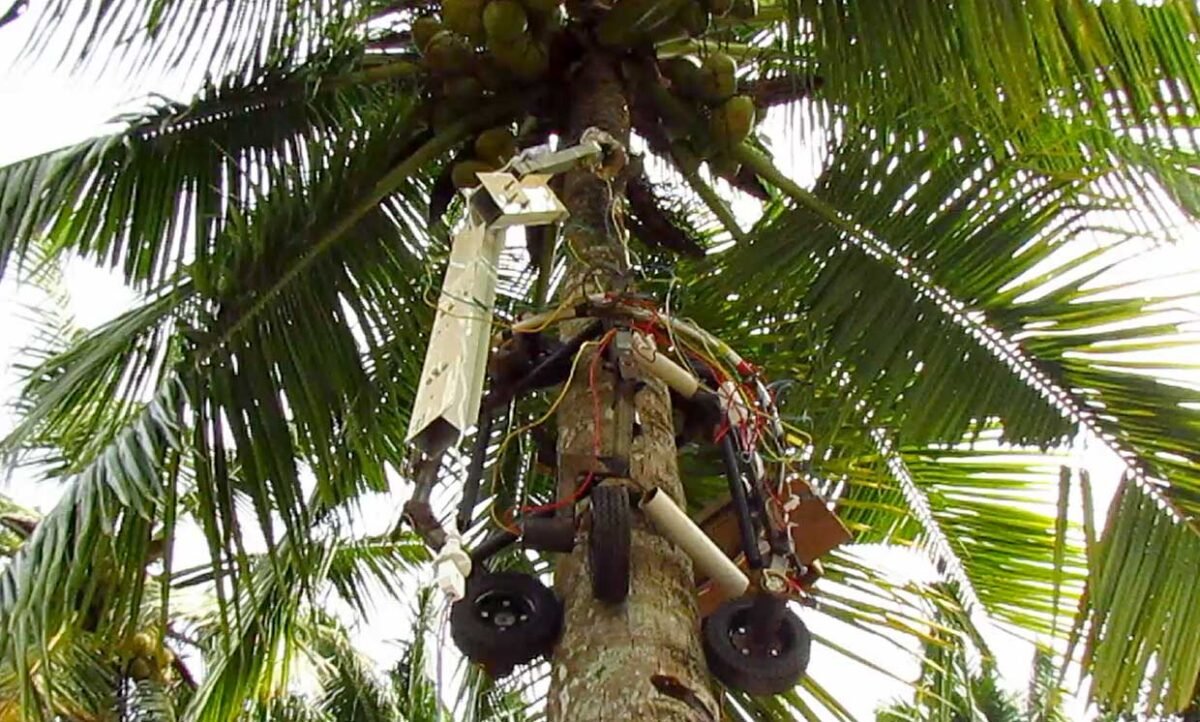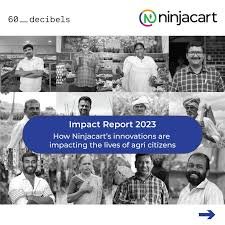eFeed unveils AI-powered SaaS platform VetVantage to help convert Methane to milk
VetVantage is designed to help dairies start their NetZero journey by converting methane emissions into milk production.
eFeed announced the launch of VetVantage, an innovative AI-powered SaaS platform designed to help dairy companies manage and reduce methane emissions from their cattle (Scope 3) and monetise their sustainability goal by the means of carbon credits. The latest version, MethaneTracker 2.0, offers a revolutionary solution to one of the most pressing environmental challenges in livestock emissions.
VetVantage is a cutting-edge methane emission calculator that leverages AI, precision animal nutrition and geospatial data from satellites to provide dairy companies with accurate estimates of their Scope 3 cattle methane emissions. This tool is crucial in India, where livestock plays a vital economic role but also contributes significantly to greenhouse gas emissions.
Dairy companies receive precise methane emission estimates by inputting detailed information about their geographies, animals and feed. This empowers them to make informed decisions about feed management, aiming to reduce emissions and participate in carbon credit markets. The result is a win-win scenario where dairy companies are able to incentivise farmers with best practices and high-quality nutrition products resulting in better dairy incomes, improved quality of milk and climate resilient dairy products.
VetVantage, as a SaaS platform, offers key value propositions centered around delivering unparalleled transparency and visibility into cattle methane emissions. The platform’s unbiased models ensure that data and recommendations are free from regulatory or private/governmental biases, fostering trust within the farming & industry. VetVantage stands out by providing insightful recommendations, shedding light on the causes of methane emissions, and offering tailored feeding & management solutions. Built on a foundation of robust community data from farmers, the platform ensures reliability and trust. Additionally, VetVantage maintains a democratic approach by not endorsing any specific feed additive brands, thereby preserving its unbiased stance and commitment to neutrality.
VetVantage is designed to help dairies start their NetZero journey by converting methane emissions into milk production.
Here’s how it works:
1. Onboarding: Companies can onboard their farm & factory assets using GIS and ground truth data.
2. Emission Accounting: The platform accounts for Scope 1, 2, and 3 emissions
3. Recommendations: Vetvantage’s recommendations help convert methane to milk using anti-methanogenic products and best practices of dairying
4. Carbon Credits: Once company has successfully reduced 1000 Kg of carbon, they can apply for audit for earning high-quality carbon credits.
Key Components of the Methodology
The methodology comprises several key components: a baseline assessment utilising AI-based methane simulation for accurate emissions analysis; recommendations for sustainable cattle management practices and high-quality nutrition to reduce emissions and enhance yields; tracking of emission reductions for carbon credit certification applications; facilitation of carbon credit sales through a marketplace, providing financial benefits to dairy companies; collaboration with dairy companies to ensure direct farmer benefits; and advocacy for a robust Indian dairy carbon credit policy to protect and empower 75 million dairy farmers.
Benefits and Impact
eFeed’s VetVantage stands at the forefront of sustainable livestock farming, providing an essential tool for reducing environmental impact while enhancing dairy farmers’ productivity and economic strength. The benefits and impact of this innovative solution are multifaceted: it generates income for farmers & dairy companies through monetizing carbon credits, thereby diversifying their income sources; it enhances climate resilience by reducing greenhouse gas emissions, improving soil health, and boosting ecosystem resilience; it encourages technology transfer and innovation, promoting the adoption of practices that improve productivity and environmental sustainability; and it stimulates rural development by creating jobs and promoting inclusive growth. This launch marks a significant step towards a more sustainable future for the dairy industry in India.
VetVantage is designed to help dairies start








